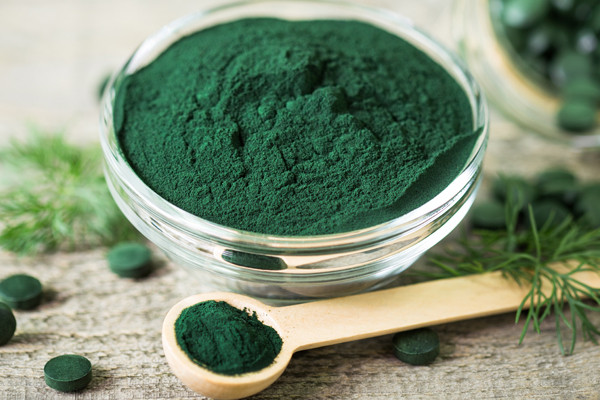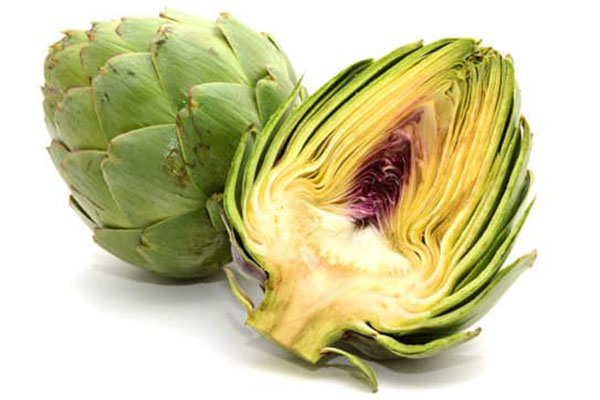The benefits of spirulina

Spirulina is ablue-green algae popular in the culinary traditions of African peoples.
It is able to thrive in the harshest conditions; in fact, its habitat is the Pacific Ocean as far as Japan and Hawaii and freshwater lakes in Africa and America.
Its nutritional profile is unusual in that it is very rich with high bioavailability of nutrients.
The various species of Spirulina contain significant amounts of valuable proteins, essential amino acids, vitamins, minerals, and essential fatty acids: introducing Spirulina into the diet results in an increased intake of nutrients with essential functions.
It is classified as a functional food: this means that its consumption has benefits on the body.
In fact, it contains high amounts of vitamins B, D, K and minerals, including calcium, iron, magnesium, manganese, potassium and zinc.
It is an important source of essential fatty acids and protein: it contains up to 70% protein, and the key thing is that it provides the entire pool of essential amino acids so that adequate protein synthesis is maintained.
Another key feature of this product is thehigh amount of vitamin B12 (a vitamin found only in animal products), which makes it suitable for those who choose a plant-based diet.
With its mix of vitamins, minerals, and macromolecules (essential fatty acids and proteins), spirulina is an excellent product when restorative action on the body is needed.
This food is useful for supportive action thanks to the protein present, and important in cases of asthenia, since thanks to iron, magnesium and essential amino acids our muscles can have an extra recharge and thus improve the body’s state of well-being.







